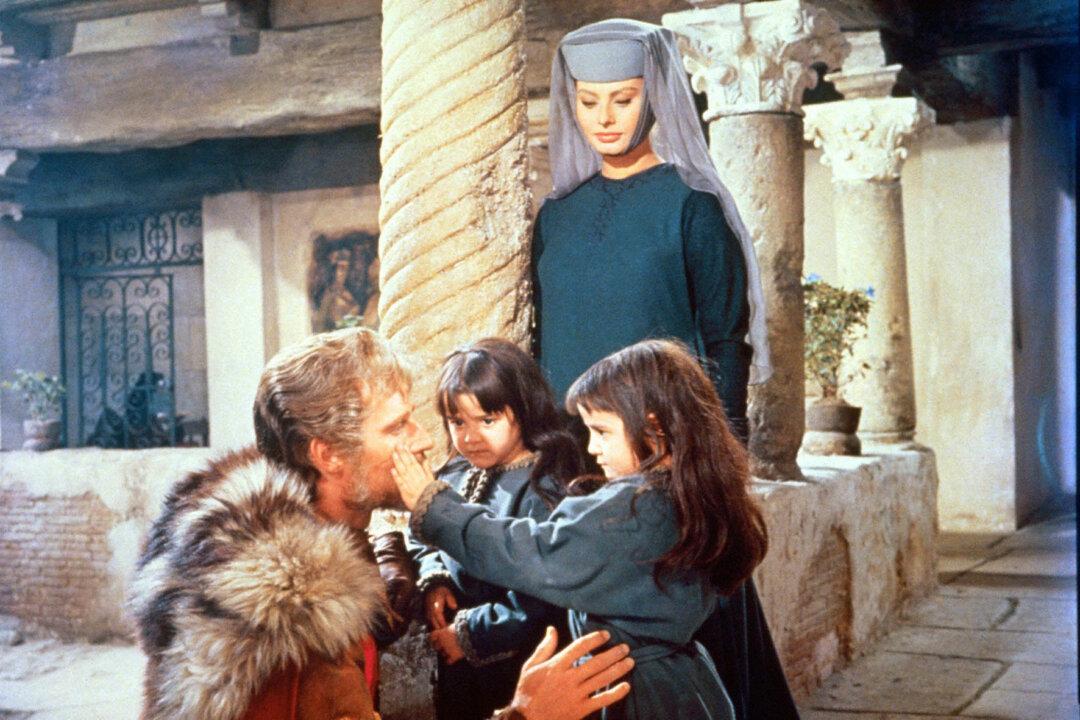Approved | 3h 4m | Drama, Epic | 1961
Director Anthony Mann’s film tells of Islamic conquest that dominated 11th-century western Europe, and of Spanish Christian kingdoms, who called their Arabic-Muslim rivals, Moors, and their rulers, Moorish emirs. It’s only loosely based on the real-life El Cid. So, don’t go rushing for those history books.





